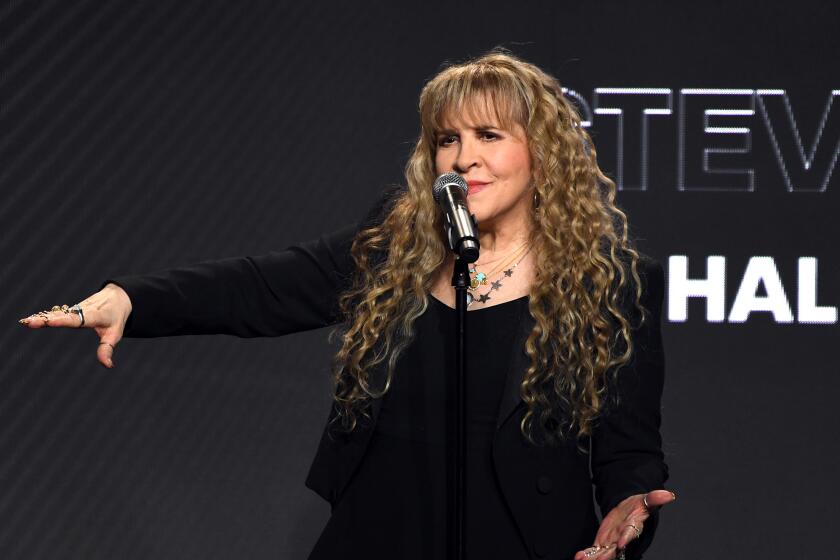KKJZ fans not jazzed
- Share via
The newly selected operator of Cal State Long Beach-based KKJZ-FM (88.1), one of only two remaining non-commercial classic jazz stations in the nation, pledged Friday to maintain the outlet’s 25-year-old format despite widespread fears to the contrary.
“There is no way that it won’t be classic jazz,” said Saul Levine, chief of Mt. Wilson FM Broadcasters Inc., which may begin operating the station as soon as Jan. 1. “We are committed to traditional classic jazz and we look forward to it with great eagerness. I want to tell people, ‘Don’t worry, don’t fear, you’re going to have the best classic jazz you’ve ever heard.’ ”
Capping a six-month process, Mt. Wilson beat out a handful of other bidders and was unanimously awarded the station management contract Thursday night by the California State University Long Beach Foundation, which holds the station’s radio license. Mt. Wilson currently operates L.A. stations KMZT-FM (105.1) and KKGO-AM (1260). Final contract details still must be worked out, a process that is expected to take three to six months.
Despite assurances, some KKJZ-FM fans are fearful the management change signals an end to classic jazz radio in the Southland. They note that both of Mt. Wilson’s frequencies were formerly commercial jazz stations before Levine switched to the classical format at KMZT in 1989 and the standards format at KKGO in 2002.
“The university has just destroyed jazz,” said Whitey Littleford, who served on the board for the station’s previous management, Pacific Public Radio, for nearly 20 years. “I don’t believe they are going to play the same kind of jazz we’ve been playing. They’ll mix in smooth [jazz].”
KKJZ, which plays classic or straight-ahead jazz by artists such as Miles Davis, Billie Holiday and John Coltrane, has an estimated 300,000 listeners and a full- and part-time staff of about 40. The only other major-market classic jazz station with a professional staff is WBGO-FM in Newark, N.J.
University officials said when they opened the bidding process in late May, they were seeking management that would strengthen ties between the station and the campus and one that could also provide greater financial stability than Pacific Public Radio, which ran a break-even operation with an annual budget of about $3 million.
Officials with Pacific Public Radio blame the university for undercutting their ability to compete in the bidding process. Once news broke this spring that the university was interested in exploring new management, Pacific’s ability to raise funds was greatly hampered, they say.
Pacific officials estimate they lost more than $750,000 as a result of the station’s uncertain future. Pacific’s contract with the university expired in December, and it has since been operating the station on a month-to-month basis.
*
More to Read
The biggest entertainment stories
Get our big stories about Hollywood, film, television, music, arts, culture and more right in your inbox as soon as they publish.
You may occasionally receive promotional content from the Los Angeles Times.










